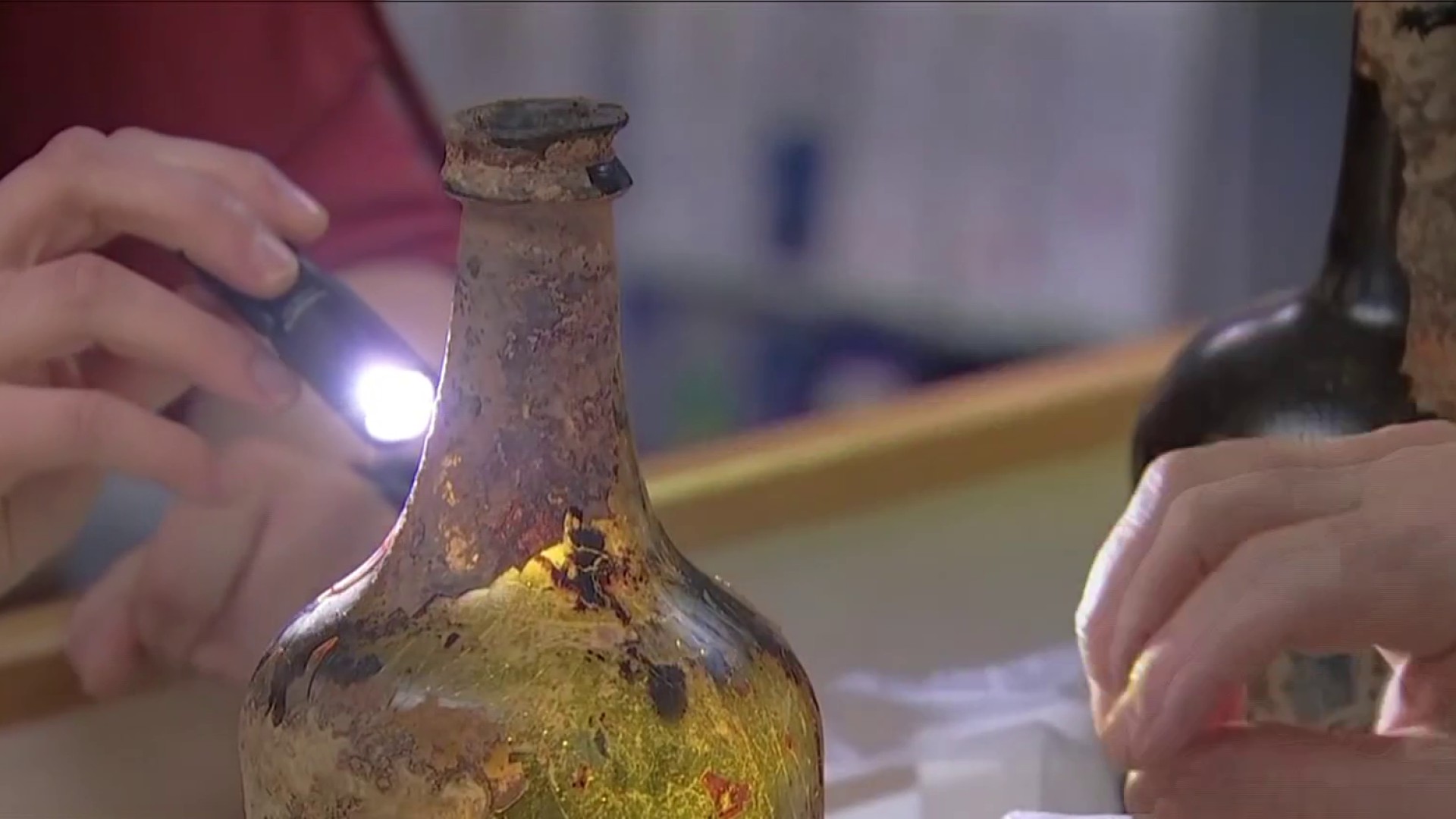D.C. is changing how it handles mental health 911 calls and says it's already making an impact.
Almost 25% of people shot by police in the U.S. each year are experiencing a mental health crisis, according to a 2020 report from the National Association of State Mental Health Program Directors.
That grim statistic motivated D.C. to develop a pilot program that uses behavioral health specialists to respond to certain mental health-related 911 calls instead of police.
"What happens sometimes when you insert law enforcement in something that is not a crisis, it can actually turn it into something more than it really needed to be," D.C. Office of Unified Communications interim Director Cleo Subido said.
We're making it easier for you to find stories that matter with our new newsletter — The 4Front. Sign up here and get news that is important for you to your inbox.
She said the program has been a success so far. From June to September, approximately 315 calls were routed to the D.C. Department of Behavioral Health.
That's only about 2% of mental health-related 911 calls in D.C., but Subido says phase one was designed first and foremost to ensure the safety of everyone involved in an incident. Phase two comes with a staff increase, allowing community response teams to respond to more calls.
“We want to do what’s right and what’s best, and if we can do that, especially now in an age where we can transfer information so easily, it makes sense," Subido said.
Similar programs have been or will be launched in more than a dozen states across the country. American University professor John Firman said the programs represent a shift in views of the traditional law enforcement-centered 911 system into what he calls a multi-agency response that benefits the police and the public.
Local
Washington, D.C., Maryland and Virginia local news, events and information
“If we are carefully assessing calls, making sure what the level of threat is, and either sending teams out or individuals out to be more productive and to be more useful, again, I couldn’t be more excited,” Firman said. “This is where we needed to be for a long time."
At their core, programs like these aim to reduce fatal encounters between police and people in mental health distress.
It won’t stop them all, but Subido said doing nothing is not an option.
“We really believe and we know that this is the best thing for the people of the District, and that’s really what this is about," she said.



